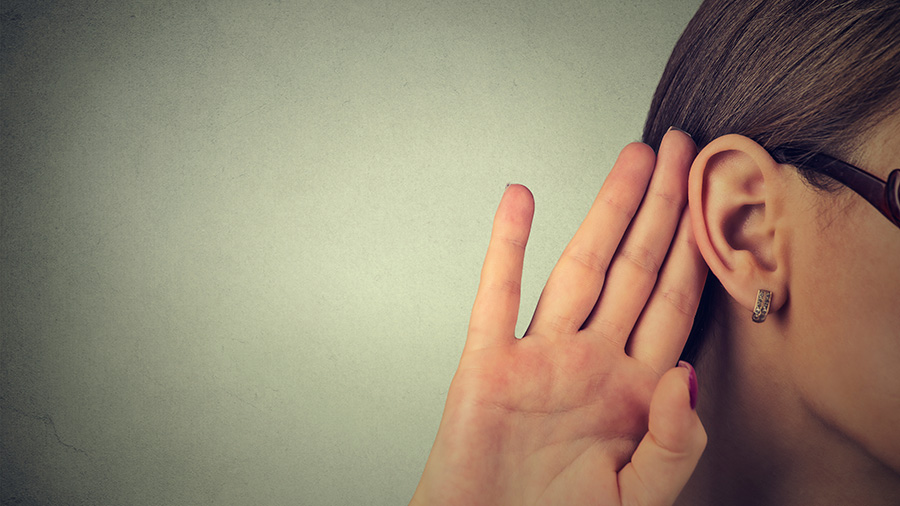We assume we know how to listen because we’ve been listening, or trying to listen, or thinking we were listening, virtually since birth. But listening isn’t intuitive: It takes effort, focus and practice to be good at it. Like any other skill, extra effort makes improvement possible.
Think of listening as a gift you can give: it’s about the other person — it’s not about you. Get comfortable with putting yourself on hold for someone else’s sake. Staying open and receptive is always a form of respect, and it can also be a demonstration of love.
Four Ways to Work on Listening Better
When communication fails it’s usually because of inaccurate assumptions and style differences — not bad intentions. We think we’re listening, but what we’re mostly doing is a combination of learning (as in “Oh! I see what he’s getting at,” or “I see what she’s trying to get away with,” etc.) and planning (“As soon as he stops talking, I’m going to say thus-and-so”).
Get full value from what the other person is communicating. Try these four approaches — mental, physical, emotional, and sensing — in your next conversation:
Mental
Most people pay just enough attention to identify when and how to make their own points, because they think that’s the way you participate or “win” in an interaction. Instead of trying to squeeze your two cents in, ask yourself questions to ensure your internal dialogue is about the other person, not you:
- What are they really concerned about, separate from the position they’re expressing?
- What do they really want from me, separate from the specifics they’re saying they want from me?
- How can I help make this situation work?
- How can I honestly and legitimately help them feel better?
Physical
Your body can give you useful clues about what’s happening. Are you feeling loose and “normal” or tight and tense? Are your arms crossed? Is there pressure in your throat or chest or jaw from the words you’re holding in? Take a break and breathe before you try to continue. On the other hand, if your head is cocked to one side or nodding, you can probably sustain your attention a little longer.
Emotional
Check your own emotional state. Are you having feelings? (Sure you are!) What kind? If you’re feeling anxious, or want to run away, do it (politely, of course)! Ask for a break. Just promise to come back, and be concrete about when you will.
Feeling angry? Any difficult conversation can trigger the fight/flight response and flood you with adrenaline, so if the blood in your ears is pounding loud enough to drown out everything else, that’s another reason to take a break.
Sensing
What do you see? What do you hear? It’s not just a mouth moving and it’s not just speech. Note a catch in the throat, repetitive throat-clearing, or long pauses in between thoughts. Observe squeezed lips, tapping fingers, a swinging foot, or rolling eyes. Any of these will give you clues that should send you back to your internal questions, above.
And of course, you can’t prove you listened unless your responses are on point, so it’s sensible to verify your understanding. But more on that in Part II: Receptivity and Responsiveness and Part III: Readers Ask for Extra Help.
Onward and upward,
LK

